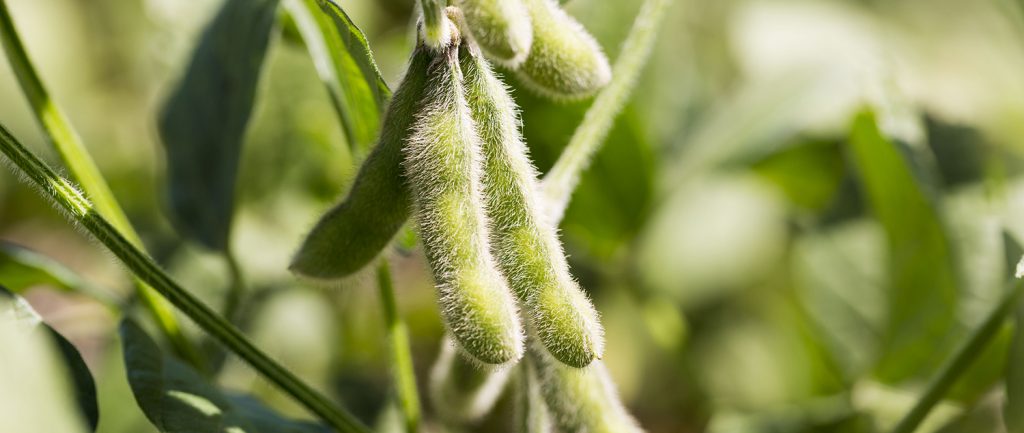Minnesota Soybean farmers have spent decades building strong relations with Taiwan and the hard work has begun to pay dividends in recent years. In June, the relationship grew even stronger following the Taiwanese government approving a five-percent genetically modified organism (GMO) mix-in threshold in organic soybeans.
“This is a huge win for soybean producers in Minnesota,” says Tom Slunecka, CEO of Minnesota Soybean Research & Promotion Council (MSR&PC). “This streamlined process increases market access for producers and provides them another place for Minnesota to continue shipping our high-quality soybeans.”
Dating back to July 2018, Minnesota Soybean CEO Tom Slunecka traveled to Taiwan with a Minnesota Department of Agriculture-sponsored trade team with hopes of driving more sales for Minnesota ag commodities while protecting a crucial export market.
“While in Taiwan, I continually highlighted the supreme quality of Minnesota beans, the quality of our farmers and overall management,” says Slunecka. “Those long-term relationships with Taiwan have continued to provide success for both regions.”
As a result of the initial visit, in September 2018, Taiwanese trade officials and Minnesota business leaders signed a letter of intent to purchase more than a billion dollars worth of soybeans from farmers in Minnesota and Iowa over the next two years, which equates to approximately 3.75 million acres of soybeans.
“This agreement in 2018 was a big deal for our farmers,” says Patrick O’Leary, chair of the MSR&PC Promotion Action Team. “It is the relationships we have built with them, that leads to deals like this. If not for our organization’s continued efforts over the last two years, who knows if this would have even been possible.”
Again in 2019, Slunecka embarked on yet another trade mission to Taipei, Taiwan, this time organized by the USDA Foreign Agricultural Service (FAS). Joined by nearly 50 U.S. agribusinesses and commodity groups, the delegation explored how to continue increasing agricultural exports, notably soybeans, to Taiwan.
“During what was – and continues to be – tough times in agriculture, Taiwan continues to be a bright spot of hope for our export market,” says Slunecka. “During my time overseas with Taiwan officials and back here in Minnesota, the direct effect of soybean checkoff dollars is evident and the reason we have these profound relationships and continued success with Taiwan.”
Recently, in June 2020, Taiwan agreed to automatically recognize U.S. organic food as organic in Taiwan as a result of a new equivalency deal signed by both countries, highlighting a major win for Minnesota identify-preserved (IP) producers.
“Several Minnesota IP soybean producers had been exporting significant amounts of organic soybeans to Taiwan in the years prior to enacting a zero GMO mix-in threshold a few years ago,” says Kim Nill, director of market development for MSR&PC. “This de facto five percent threshold should now result in a resurgence of Minnesota organic soybean exports to Taiwan.”
Based on deals similar to this one, IP soybean producers can expect increased trade to Taiwan, which imported nearly $92 million worth of organic food in 2019, making it the fifth largest market for the U.S.
“This agreement between the U.S. and Taiwan is critical for future trade agreements with other countries around the world,” Nill says. “This de facto five percent Taiwan threshold can be used as an example and hopefully help MSR&PC knock down other trade barriers with countries around the world.”
According to the USDA and Organic Trade Association (OTA), organic food exporters can expect a 50 percent increase over the next five years.
“The continued success with Taiwan is a direct reflection of the long-term investments of Minnesota soybean checkoff dollars,” Slunecka said. “It takes time and commitment, but we are fortunate our farmer leaders have dedicated time away from their farms to build these relationships and knowledge of our international marketing program to increase the value of our soybeans.”







